


Editorial
Year of uncertainty for research application in the health care field
Año de incertidumbre para la aplicación de las investigaciones en el campo de la salud
Gaceta Médica Boliviana
Universidad Mayor de San Simón, Bolivia
ISSN: 1012-2966
ISSN-e: 2227-3662
Periodicity: Semestral
vol. 43, no. 2, 2020

Although it is known that the process of higher education has managed to advance in some way through virtuality, the field of research and mainly in countries like ours, the systematic processes of these activities have become difficult, without going through some strict biosafety standards for patient examination, exchanges with human groups and application of adequate instruments aimed at the verification of circumstantiall diagnoses, etc.
In this regard, applied clinical research and systematic procedures have been reduced to online surveys, virtual patient evaluation and phone conversations.
Institutional weaknesses have been revealed in relation to the poor connection between applied research as a participation policy of health personnel and the real possibilities of its execution through the necessary resources related to biosafety, constant training in the development of protocols, and training in medical sciences according to the latest scientific advances in today’s world.
However, applied research on human groups in periods of pandemic has had its own successes in places that are accustomed to developing the above.
Thus, it was possible to obtain data on the pathophysiological and anatomopathological causes of disease and death in patients due to COVID-19 in European countries and in some Latin American countries, such as Ecuador, in the search for the cause-effects of the so-called SARS-CoV-2 in the human organism.
Research has also been ongoing in the quest for a vaccine capable to solve the pandemic problem. However, it has been known that groups of professionals in Latin and Central America have followed clinical protocols to save lives through the application of observational skills, active listening and the use of medical science expertise, making their own results known to the scientific community, and in this way, human lives have been saved in our countries.
In these circumstances, then, there are two big questions:
How can we ensure that applied research policies are developed in our countries in order to respond to the needs of the population, as is the current situation?
Who benefits from applied investigation in countries with high research development potential?
Readers will undoubtedly draw their own conclusions in the light of current world events, mainly in terms of the social, economic and political impact of the COVID-19 pandemic on the population.

